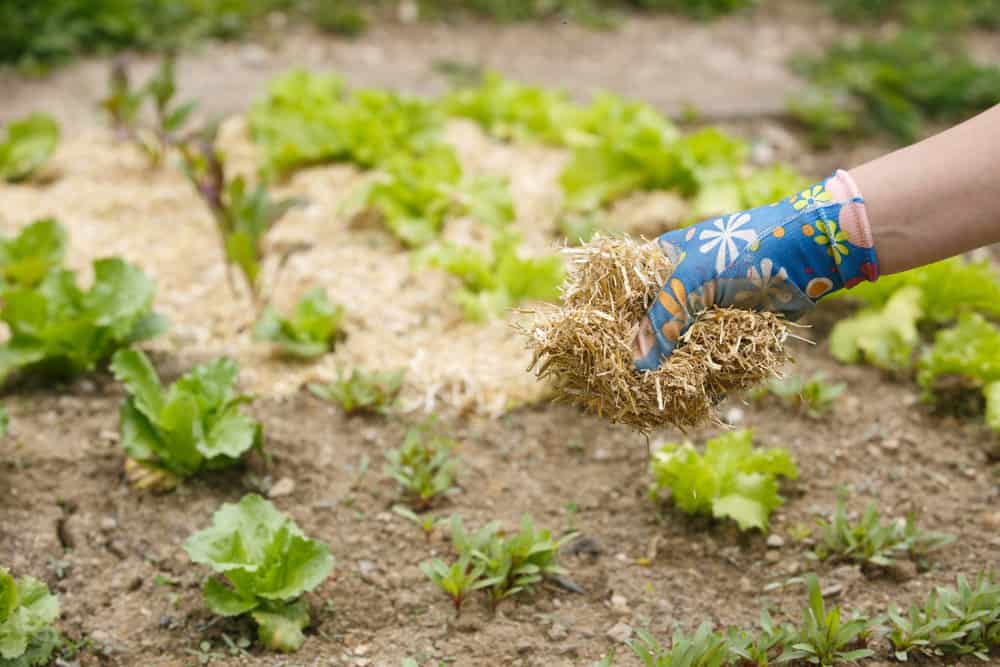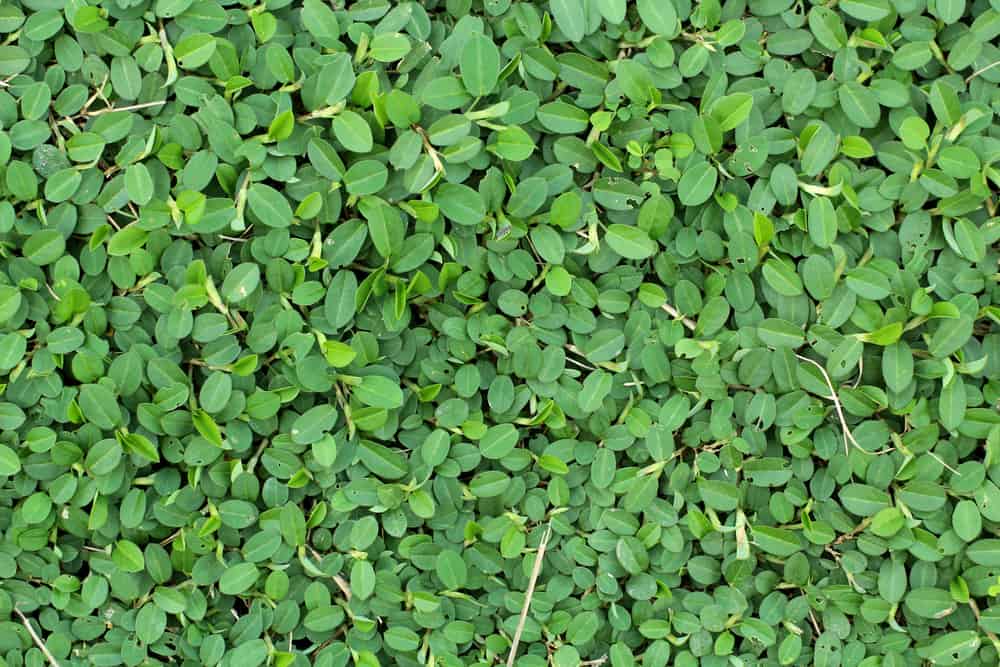Biodynamic gardening is a type of agriculture that emphasizes the use of sustainable and organic methods to grow crops. This type of gardening also takes into account the rhythms of the earth, moon, and stars, as well as the effects of the planets on plant growth.
In recent years, biodynamic gardening has gained popularity as a way to produce food in a more sustainable and environmentally friendly way.

The History of Biodynamic Gardening
Biodynamic gardening is not a new concept. It has been around for centuries.
The first recorded instance of biodynamic farming was in 1924, when Austrian researcher Rudolf Steiner gave a series of lectures on the topic. Steiner’s lectures were later compiled into a book, which became the basis for the practice of biodynamic gardening.
How Biodynamic Gardening Works
Biodynamic gardening works by using natural methods to fertilize and pest-proof plants. For example, rather than using synthetic pesticides, biodynamic gardeners may use companion planting (the placement of certain plants next to each other to deter pests) or traps (such as yellow sticky traps to attract and kill flying insects).
Additionally, biodynamic gardeners often avoid tilling the soil, as this can damage beneficial organisms that live in the soil. Instead, they may use cover crops (plants that are grown to protect and improve the quality of the soil) or mulch (materials that are spread on top of the soil to protect it from erosion).

The Benefits of Biodynamic Gardening
There are many benefits to biodynamic gardening, both for the environment and for the gardener. Because biodynamic gardening uses sustainable methods, it is better for the environment than conventional farming practices.
Additionally, biodynamic gardens are often more resilient than traditional gardens, as they are less dependent on external inputs (such as chemical fertilizers).
Finally, many people find that growing their own food is a rewarding experience that allows them to connect with nature.
